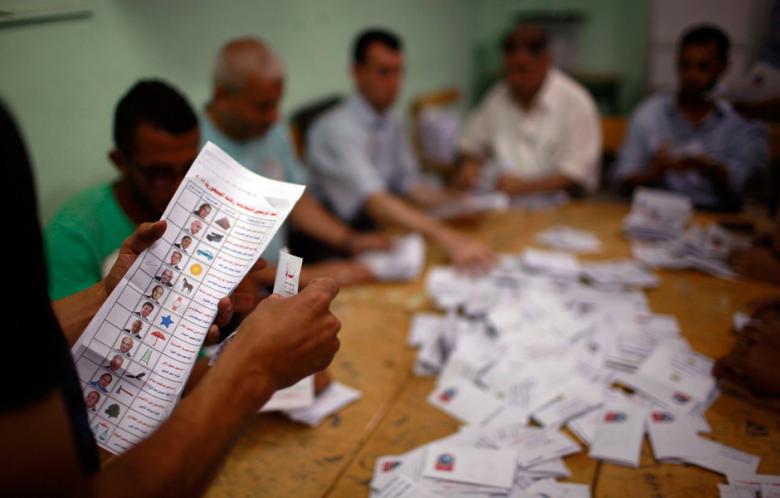Since the 1990s, the Fund for Peace, an American non-profit research organization has been publishing a “failed states" index that measures the performance of sovereign governments around the world. Some attributes of failed states include rising demographic pressures, the massive movement of refugees and internally displaced persons, hostile relations between ruling factions, poverty and underdevelopment, the erosion of state legitimacy, and foreign intervention in internal affairs.
The term suggested a new basis for comparison between states that did not depend exclusively on a state’s progress towards democracy. States with free elections and a mechanism for the transfer of power did not necessarily do well on the Failed States Index. A good example is Somalia which ranks first among failed states even though it has a newly elected president and a parliament that supposedly convenes on a regular basis. Somalia’s state institutions are crumbling, in part due to a civil war that is tearing up the country.
Iraq is another failed state. It ranks sixth among 177 states, according to a report published by Foreign Policy, and third among Arab states, preceded only by Somalia and Sudan. The reason for this is the destruction of Iraq’s public institutions. Following the US invasion in 2003, Paul Bremer, the head of the Coalition Provisional Authority, dissolved the military and state institutions, despite warnings against such a move by several American research institutes. The destruction of Iraq's state insitutions under the Bush Administration is a problem which not even democratic elections have managed to solve.
And then there’s Pakistan. Even though Pakistan’s opposition has managed to overthrow Pervez Musharraf’s military dictatorship and establish a democracy, their country continues to bear the heavy burden of a failed, corrupt state, a fact which has been embarrassingly exposed by Pakistan’s failure to deal with the devastating floods that have killed and displaced millions.
Mexico also witnessed a transformation from within the regime which, after 70 years in power, introduced democratic reforms and lost power in an election. The state, however, is still plagued by widespread corruption and bribery. It has had to dismiss around 10 percent of its police force for their links to organized crime.
Then we come to Egypt. Egypt ranks 40th on the failed state index. The first 35 states are considered to be in the most precarious position. States ranking 36th to 137th are considered slightly better off though still in danger.
Egypt has seen an unprecedented decline in the performance of its public institutions over the past 30 years. Sectarian tensions have been on the rise and the rule of law is in becoming increasingly absent. Egypt will see the worst elections in its modern history this November, as fraud and violence are expected to be rampant.
Democratic reforms in Egypt will be meaningless if the country moves up four places into the red-alert area of the index. Experts predict that failed states will never be able to become successful so long as they remain high on the index.
Throughout its history, Egypt has never had a genuinely democratic regime, not as a monarchy or a republic. The Eastern European experience has taught us that a successful transition to democracy requires strong institutions, including prestigious universities, good hospitals and cultural and artistic institutes.
Many emerging democracies have been held back by failing state institutions. If power succession becomes a reality in Egypt, we may likely secure a place among failed states. Serious reform–political and institutional–is required, which will not be achieved simply by the staging of angry protests..
Translated from the Arabic Edition.




